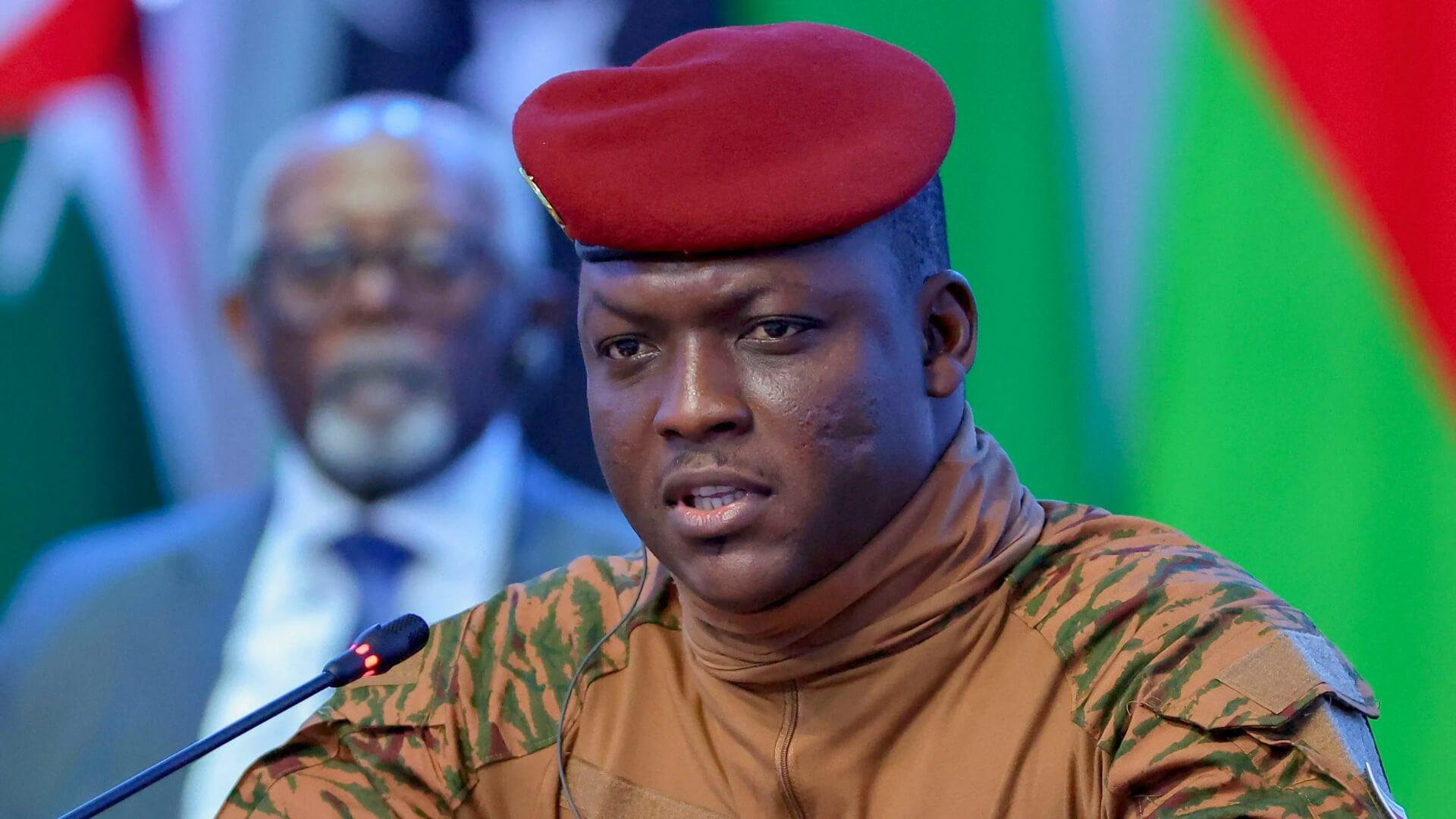Burkina Faso’s new law makes homosexuality a crime, with strict prison terms and fines. The move instantly changes the landscape for LGBTQ citizens and signals deeper human rights concerns.
Burkina Faso’s transitional parliament has passed a landmark law criminalizing homosexuality, making consensual same-sex relations punishable by two to five years in prison and fines.
The measure, included in an amended Persons and Family Code, was unanimously approved by the 71-member assembly on September 1, 2025, and took effect immediately.
Justice Minister Edasso Rodrigue Bayala confirmed the new penalties in a televised address, stating that any individual who engages in homosexual or related activities will face judicial review and punishment—foreign nationals convicted under the law risk deportation after a second offense.
The bill will now be formally reviewed and signed by Captain Ibrahim Traoré, head of the ruling military junta, before full enforcement begins.
The legislation is part of a larger overhaul of family and citizenship laws, which the government plans to introduce through a nationwide awareness campaign.
With this shift, Burkina Faso—once among the few African nations without an explicit ban on homosexuality—joins more than 30 countries across the continent, including Senegal, Uganda, and Malawi, that impose similar restrictions.
Rights groups, including Amnesty International and Human Rights Watch, have condemned the move as a severe setback for basic freedoms.
They warn that criminalization will fuel repression, stigmatization, and discrimination against LGBT persons in a country already grappling with political instability under military rule.
Officials, however, frame the law as an affirmation of “marriage and family values,” reflecting the country’s deeply conservative and religious societal structure, where fewer than one in ten people identify as non-religious.
Critics argue that this represents a deepening crackdown on civil liberties since the 2022 coup.
By formally enacting this legislation, Burkina Faso aligns itself with a growing wave of restrictive policies across Africa—marking a decisive reversal for LGBT rights and signaling a narrowing of individual freedoms in the years ahead.
Leave a comment
Your email address will not be published. Required fields are marked *





